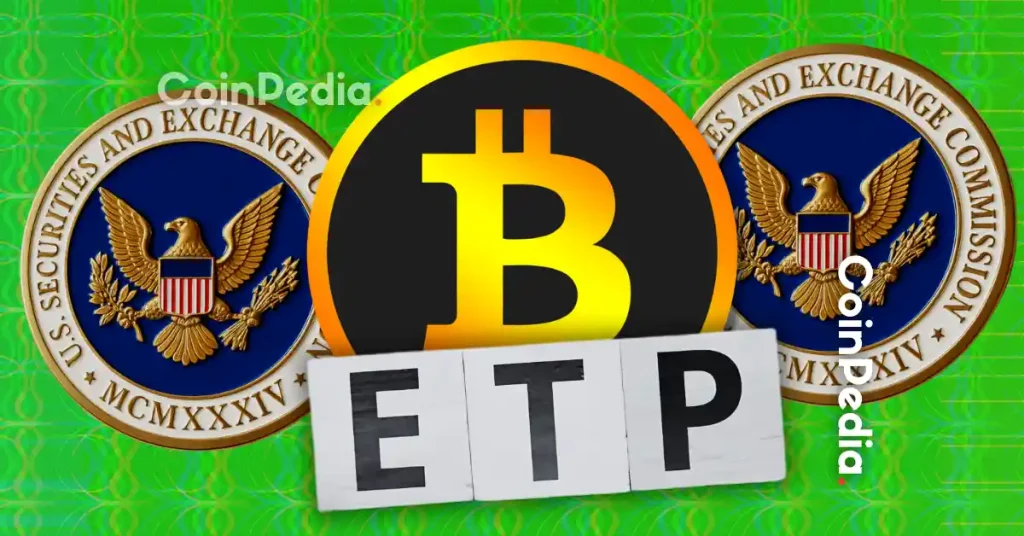Manuel Villar, chairman of Villar Land.
Courtesy of Vista Land
Property tycoon Manual Villar’s listed flagship Villar Land (formerly Golden MV Holdings) was in the spotlight this week when an order by the Securities and Exchange Commission revealed that the company’s external auditor Punongbayan & Araullo, an affiliate of Grant Thornton, had said it doesn’t accept the 1.3-trillion-peso ($24 billion) valuation of a property the company owns and has requested for another expert appraisal. The order is linked to an investigation by the SEC that was launched after a delay by Villar Land in filing its annual audited financial statements for 2024.
In an unaudited financial report released in March, Villar Land posted net profit of close to one trillion pesos for 2024 (after providing for a 334-billion-peso deferred tax liability), an increase of 666% from the net profit of 1.5 billion pesos reported in the previous year. This bonanza was due to the company booking a massive revaluation gain of 1.3 trillion pesos, the company said, after an appraisal was conducted to ascertain the fair market value of the 366-hectare land parcel that it had purchased from Villar’s privately held companies last October for 5.2 billion pesos.
Villar Land along with Villar, its directors (including the billionaire’s three children Paolo, Mark and Camille) and key executives were slapped with 12 million pesos in combined penalties by the SEC for approving and releasing the company’s unaudited financial statements in March before the valuation of the property acquired from Villar’s companies had been verified by the company’s auditor.
“There’s reason to find them administratively liable for gross negligence or bad faith [for] causing the release of public disclosure that is apparently false, inaccurate or misleading,” the SEC said in its order.
Since the land acquisition was announced in October, shares of Villar Land have had a gravity-defying run on the stock market that made it the country’s most valuable company with its market cap skyrocketing to 1.5 trillion pesos ($26 billion). That surpassed the valuations of the Sy siblings’ SM Investments and billionaire Ramon Ang’s San Miguel, both storied companies with diverse businesses. The Philippine Stock Exchange suspended trading in the company’s shares in May for its failure to file its audited financial statement for 2024.
“Villar Land and its directors and officers, welcome the opportunity to explain their side on the issues raised and will respond to the SEC’s order in due course,” the company said in a statement.
In their March disclosure, Villar Land, including its directors and executives, “sought to publicly make known, substantial fair value gains and increase in total assets of the company due to value appreciation of certain properties,” the SEC said. “However, the same gains and increase in assets were later reported by the company as still pending finalization, verification, audit, and/or testing for reasonableness by its external auditor. This act or scheme could very well mislead the investing public, those transacting with the company, or the market in general.”
Villar Land, which started out in the cemetery business and got known for its memorial parks, has a public float of 11%, just above the mandated minimum of 10%. The 366-hectare land parcel under scrutiny is part of a 3,500-hectare mixed-use estate in Cavite province, south of Manila, that the group aims to develop as a city of the future over the next three decades.
Philippine billionaire Manuel Villar is building the upscale Villar City residential and commercial enclave in southern Metro Manila.
Courtesy of Vista Land
“Clearly, the auditor didn’t agree with the revaluation,” says John Gatmaytan, chairman of Manila-based Luna Securities. “The auditor was brave in standing its ground.”
While the company said it has “reluctantly proposed” to revise the land’s valuation to 8.6 billion pesos to enable Punongbayan & Araullo to expedite its audit, Villar Land insists 1.3 trillion pesos is a fair value for the said property. “The company firmly believes that it is the fair value of Villar City properties that should be reflected in its financial statements,” the company said.
SEC Chairman Francis Lim said in a text message that the regulator would take further action on Villar Land that may be warranted by facts uncovered by ongoing investigations. “At stake here is the integrity of our stock market.”
Apart from his real estate business, Villar—a former senator who ran for president in 2010—has interests in energy, media, retail, restaurants, and a water utility company. He was the third wealthiest person in the Philippines with a net worth of $11 billion on the list of the Philippines’ 50 richest published earlier this month.
Source: https://www.forbes.com/sites/iansayson/2025/08/22/philippine-property-billionaire-manuel-villars-24-billion-conundrum/



